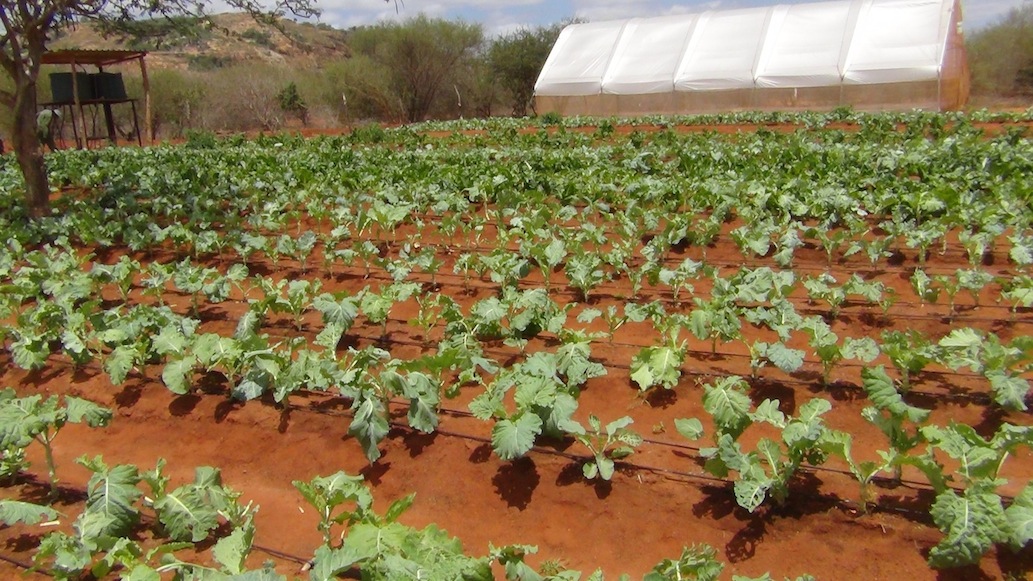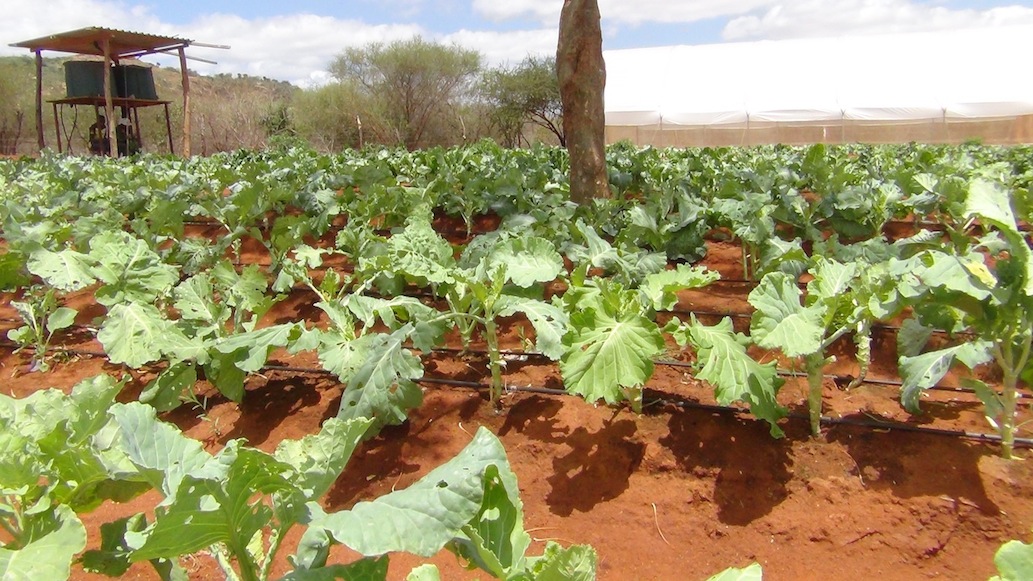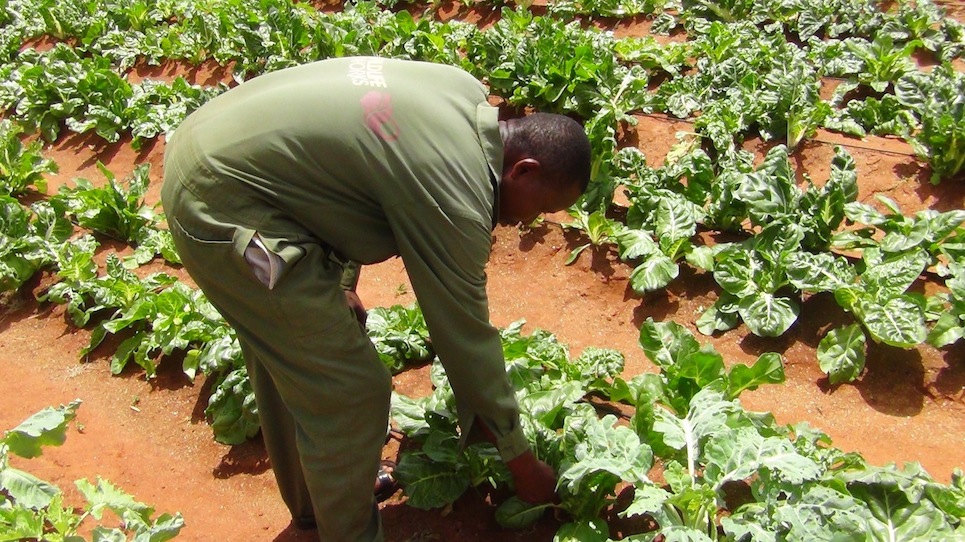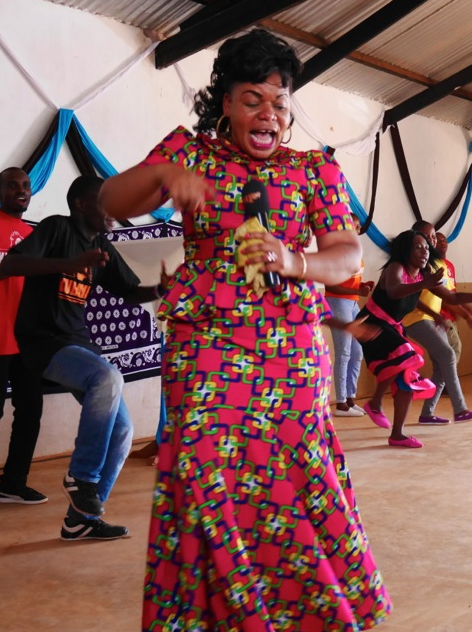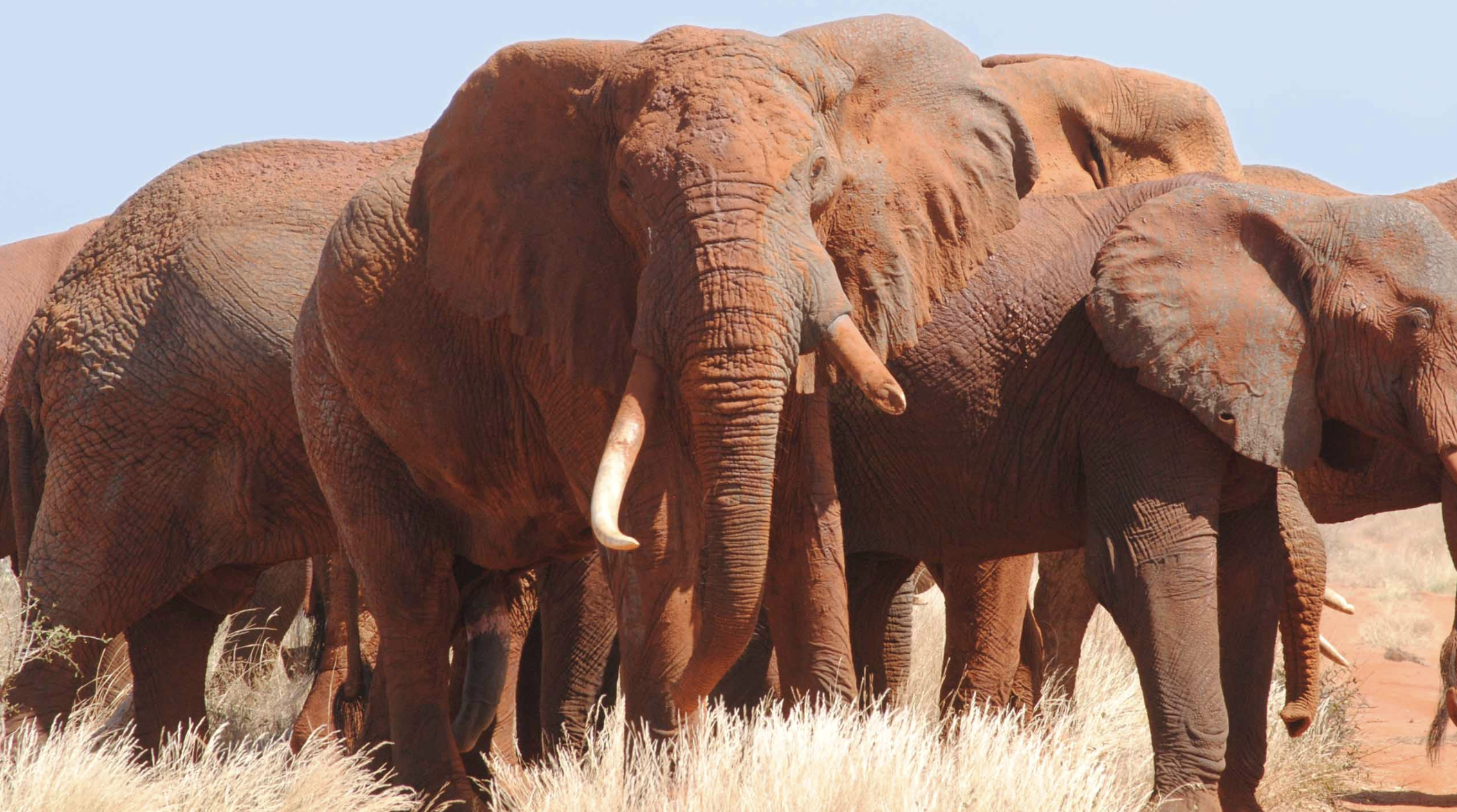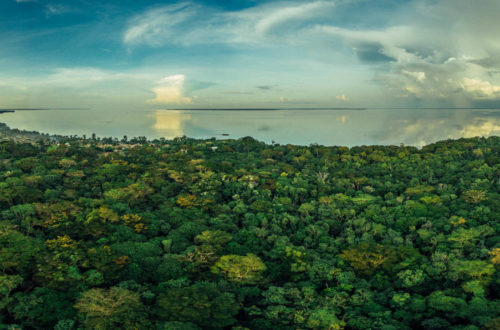Save the kale: How one leafy green is changing lives
For some of us, eating vegetables is a chore. For others, it is a means of survival.
In Kenya, kale is referred to as “Sukuma wiki” which means “to stretch the week” in Swahili. The green leafy plant serves as a staple of the average person’s diet, especially for those living on less than a dollar per day.
During periods of drought, the demand for water becomes crucial for plant, animal and human use. Water shortages can cause food to become scarce, and what does reach the markets is priced exorbitantly high. The inflated prices leave families without enough food to feed everyone. In these desperate times, the youngest children are given highest priority and adults must manage with whatever is available.
This summer, the Wildlife Works’ greenhouse employees at our Kasigau Corridor REDD+ have devoted half an acre of land to planting spinach and kale to subsidize the shortage in community. The vegetables are being sold at cost and the orders are flying in!
According to a study published in “The American Journal of Clinical Nutrition,” eating a diet rich in vitamin K can reduce the overall risk of developing or dying from cancer. Vitamin K is abundant in kale, but also found in parsley, spinach and collard greens. Our in-the-field writing intern Rose says we can credit the smiley nature of most Kenyans to the nutrition they derive from Sukuma Wiki.
We hope that the affordable produce provided by our greenhouse team can continue to improve the lives and diets of the entire community.
* * * * * * * * *
Wildlife Works is the world’s leading REDD+ (Reducing Emissions from Deforestation and Degradation), project development and management company with an effective approach to applying innovative market based solutions to the conservation of biodiversity. REDD+ was originated by the United Nations (UN) to help stop the destruction of the world’s forests.
Over a 15 year history Wildlife Works established a successful model that uses the emerging marketplace for REDD+ Carbon Offsets to protect threatened forests, wildlife, and communities.
The company helps local landowners in the developing world monetize their forest and biodiversity assets whether they are governments, communities, ownership groups, or private individuals.

